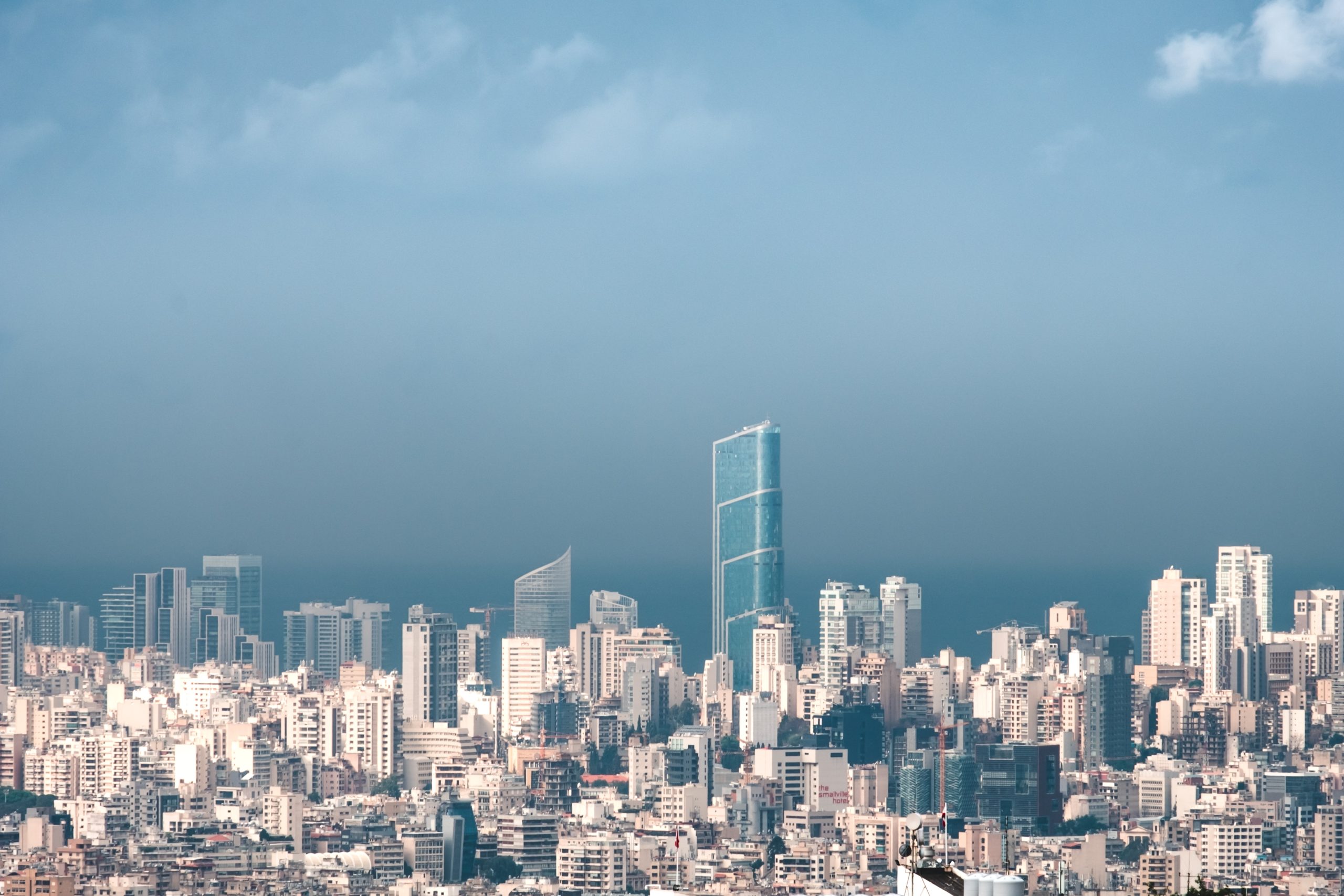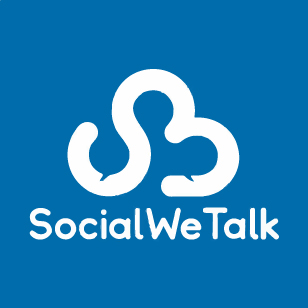Qatar Fastest Network
Wait a bit,” said the tortoise to the hare. ‘I’ll run a race with you, and I’ll wager that I win’.
Challenges make everything interesting, especially those between unequal contestants. When Kyle Whitehill took over as CEO of Vodafone Qatar in April 2013, he must have felt what David felt when faced with mighty Goliath, an incumbent the size of Ooredoo.
No one doubts the struggles Vodafone had to go through to face Ooredoo’s long-established market presence. In a recent interview, Vodafone CEO Kyle Whitehill explains that the telco has been excluded from around 500 legacy sites in its sharing agreement.
“We’ve been excluded from quite a few sites where strategically it’s important for us to have some physical presence. That’s where we’ve had a little bit of frustration. You want competition, so give us full access to network coverage.”
Nevertheless, Vodafone has been relatively successful servicing the lower end of the market. In fact, its PR initiatives have focused primarily on embracing this segment. Earlier this year, Vodafone worked with Park House English School under its ‘World of Difference Campaign’ to help students passionate about charity work start up their projects. Vodafone ended up donating funds to provide food items to laborers across Doha.
In the wake of substantial upgrades and expansions of its 3G & 4G network, Vodafone bluntly announced that it offers the fastest data network in Qatar. Outdoor ads along with movie spots, TVCs and social media engagements started flooding out. The telco even launched the hashtag #QatarsFastestNetwork on Twitter.
It instantly came under fire by some residents and local influencers.

Is Vodafone really Qatar’s Fastest Network?
Let’s look at the data. Ookla’s Net Index Explorer offers a comparison of all broadband and mobile data from nearly every country down to the city-level. It’s based on the concept of crowd-sourcing, which enlists the services of a multitude of users to obtain its results. On an international level, it deploys data from more than five million tests per day, on more than 3,500 servers. It’s inarguably one of the most accurate providers of data readings.
In June 2015, the average speed tests of mobile broadband for Qatar’s internet service providers were:
Ooredoo: 19.02 MBps
Vodafone: 16.57 MBps
For fixed broadband:
Ooredoo: 17.07 MBps
Vodafone: 20.84 MBps
The readings show that Ooredoo has a higher average speed on mobile broadband, while Vodafone prevails in fixed broadband. Does this make Vodafone faster?
Vodafone has a very limited fixed broadband reach (basically The Pearl-Qatar and a few compounds across the city). This makes their services restricted to an elite stratum of the community as opposed to the mainstream Ooredoo. One can also argue that “fast” in this sense doesn’t benefit the community at large since it’s restricted to very few areas.
Furthermore, Ooredoo offers both ADSL (the basic package with a minimum speed of 1 Mbps) and Fiber (typically starts at 10 Mbps), so the average speed drops considerably when compared to Vodafone which only offers Fiber.
This doesn’t make Vodafone the fastest network in Qatar.
In a statement, Ooredoo announced: “We know that customers want a bigger, faster network and Ooredoo is striving to bring the latest and best technology so that we continue to record the fastest speeds.” In fact, Ooredoo repeatedly stated that it’s the only operator to combine 20+10 MHz bands on its 4G+ network, enabling its users to reach the higher maximum top speed of 225 Mbps.
But is 225 Mbps Achievable?
According to Vodafone, it’s not. It retaliated by launching the #225Challenge on Twitter, promising free data and a new phone to anyone who could reach 225 Mbps speeds on any network in Qatar. No one was reported winning the challenge.
Who Eventually Won the Race?
I have to say, the tortoise lost the wager in our fable. Vodafone made a bold move, but not in the least honest. Their message left people skeptical and failed to reflect their commitment to deliver a speedy service. Some believe it did more harm to their brand than good. As for Ooredoo, we’re all waiting for someone to break the sound barrier of 225 Mbps…Don’t hold your breath.
What are your thoughts?
Article by: Abdul Rahman Alieh, Director & Founder at SocialWeTalk SARL















